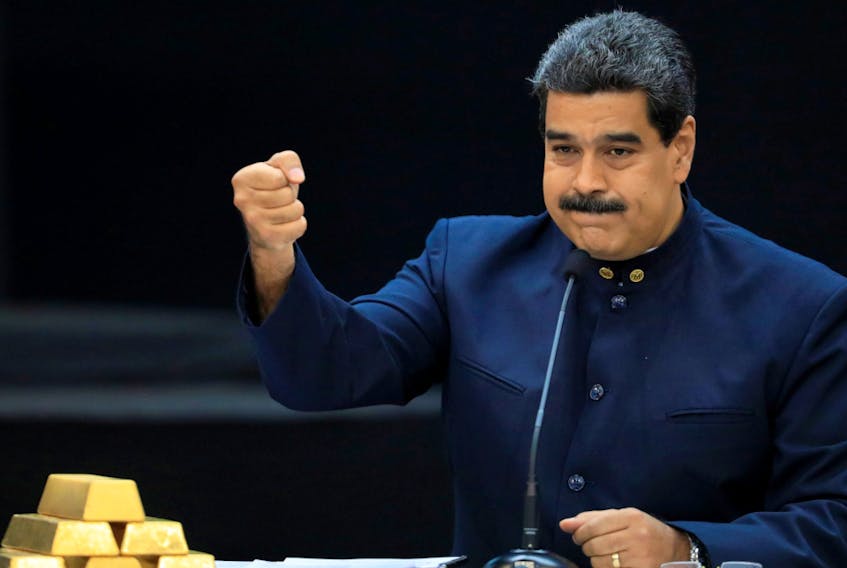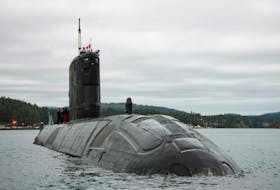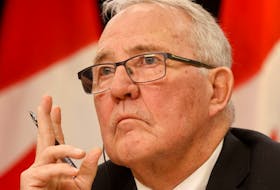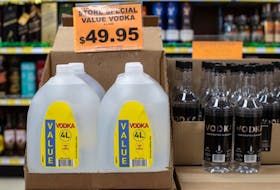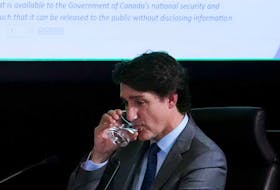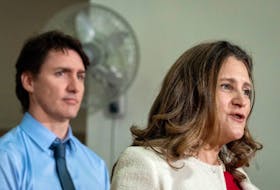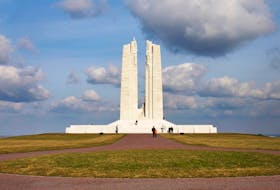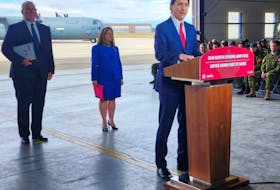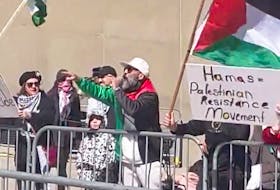It’s not too uncommon for a country to have two or more groups of people claiming to be the legitimate government. But two rival central banks? This is the situation Venezuela finds itself in today, sort of, and it has led to one of the world’s most closely watched court cases, which was resolved Thursday by Justice Sir Nigel Teare in the commercial division of the High Court of England and Wales.
I realize that’s a jarring change of scene. The Central Bank of Venezuela (BCV) has about US$1 billion ($1.4 billion) worth of gold sitting in the vaults of the Bank of England (BoE) below Threadneedle Street in London. The BoE stores gold on behalf of about 30 sovereign states, since it is easier for title to change hands, when necessary, on paper rather than in big trucks. The only (known) gold hoard of greater size is the New York Federal Reserve’s; the pile stored near the Thames is said to contain three per cent of all gold ever mined.
The system of leaving the physical gold in an English basement works well until there is some question about who really has the right to dispose of it remotely. Venezuela currently has two claimants to its presidency: Nicolàs Maduro, the country’s dictator, and Juan Guaidó, who was appointed interim president by the Venezuelan National Assembly in January 2019. Maduro is recognized as the legitimate president by Russia, China and what you might call the usual suspects. Guaidó is recognized by democratic governments, including that of the United Kingdom.
When Guaidó was anointed president he appointed a new “ad hoc” board to control foreign assets of Venezuela’s central bank. Whoever is president has the undoubted power to do this under Venezuela’s constitution. But earlier this year, when Maduro wanted to collect some of the hard-currency value of the BCV’s gold reserve, the Bank of England found itself with conflicting instructions. Maduro’s board was asking it to hand the gold over, while Guaidó’s board was telling it to keep sitting on the gold.
Maduro, who’s in de facto control of the Venezuelan administration, says he wants the cash to pay for humanitarian supplies in the country’s fight against COVID-19. Guaidó, the president recognized by the parliament, suspects that it’s likely to end up in the pockets of Maduro’s friends and henchmen.
Maduro’s claim on the gold involved a US$120-million swap contract with Deutsche Bank that, under the contract’s explicit terms, was to be governed by English law. This is how the whole thing ended up in a London courtroom, after an arbitrator kicked it upstairs. Given that the U.K. government had formally recognized Guaidó as president, ostensibly requiring the BoE to follow the instructions of Guaidó’s board, Maduro’s lawyers had to find a trump card. On studying Justice Teare’s judgment , you can’t help but admire their creativity.
Their most interesting strategy was an attack on the concept of inter-state “recognition.” Sure, Maduro’s lawyers said, the U.K. Foreign Office may have declared, “As far as we’re concerned, Juan Guaidó is president of Venezuela, full stop.” But what does that really mean? Maduro still, for the most part, gives the orders in Venezuela: he’s the de facto boss at the moment. Moreover, Venezuela’s ordinary diplomatic relations with the U.K. have continued without interruption despite the political “recognition” of Guaidó.
And another thing: since 1980, the Foreign Office has had a general rule that the U.K. doesn’t actually “recognize” governments, only states. This was the trend of the time in international affairs, since “recognition” questions have gotten governments in no end of unnecessary trouble. Sometimes it is desirable for them to deal with other governments they might not like to “recognize” officially, and sometimes it might be useful to have official diplomatic-type relationships with both sides in a civil war.
Maybe the easier thing would have been to give half the gold to each of the rival presidents and their boards, but you know how judges are about contracts: fussy. In the end the Maduro arguments bounced off Justice Teare’s hide with little effect. I would hate to play Monday morning quarterback, but a courtroom is obviously not the best place to try to get away with a distinction between a “de facto” president and a “de jure” one. And while the U.K. may not recognize governments under ordinary circumstances, Her Majesty the Queen is, in the judge’s view, still free to make exceptions under her ancient prerogative.
In any case, the Foreign Office definitely recognized a president, even if it wasn’t recognizing a whole government, and the authority of the board of the BCV flows, under Venezuelan law, from the president. There’s no way out of the logic trap: the gold, the judge declared, remains property of the Venezuelan state, and for now can’t be traded away by Maduro unless Guaidó’s ad hoc board gives the OK. Which it won’t. But a spokesman for the Maduro bank’s legal team has promised to try an appeal.
• Twitter: colbycosh
Copyright Postmedia Network Inc., 2020

